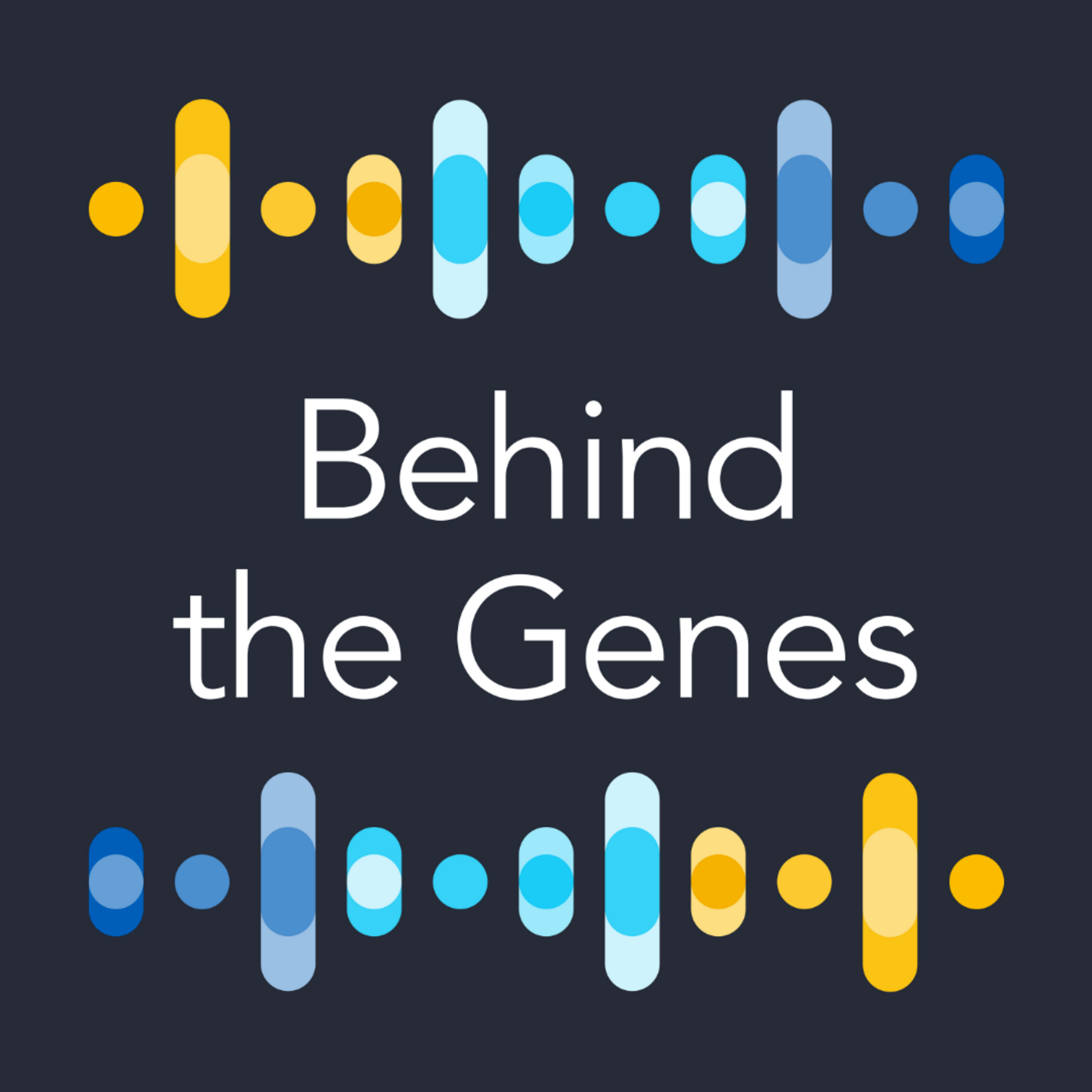Lisa Beaton, Dr Celine Lewis, Jana Gurasashvili and Louise Fish: Hope for those with "no primary findings"
Description
There are a range of outcomes from a genomic test. The results might provide a diagnosis, there may be a variant of uncertain significance, where a genetic variant is likely the cause of the condition, or there might be no particular gene found that is linked to the phenotype or clinical condition - also known as a "no primary finding" result. In this episode, our guests explore the impact of a "no primary finding" result on families, discussing the common experiences and expectations of parents and patients who undergo that genetic testing, and the role that hope plays in the experiences of children with rare and undiagnosed conditions.
Today's host, Lisa Beaton, member of the Participant Panel at Genomics England is joined by Dr Celine Lewis, Principal Research Fellow in Genomics at UCL, Great Ormond Street Institute of Child Health, Jana Gurasashvili, a Genetic Counsellor, and Louise Fish, CEO of Genetic Alliance.
"I think it’s also really important to add that hope isn’t necessarily lost when you don’t get a diagnostic result. And in a sense, what can be really helpful is for genetic counsellors to reframe that hope...sort of giving it a different context."
For more information on the SWAN UK project which supports families with children that have been through genetic testing but have not found a result following that genetic testing, visit the website.
Read more about the study by Jana Gurasashvili and Dr Celine Lewis: The disequilibrium of hope: a grounded theory analysis of parents' experiences of receiving a "no primary finding" result from genome sequencing.
You can read the transcript below or down it here: https://files.genomicsengland.co.uk/documents/Podcast-transcripts/Hope-for-those-with-no-primary-findings.docx
Lisa: Hello, welcome to the G Word.
Lisa: I think in the back of my mind, subconsciously, I had hoped that when we eventually got a diagnosis, it would – I don’t know, bells and whistles, balloons going off, fireworks, etc. And then the experience of a letter thumping on the doormat, and I recognised the postmark quite quickly, and it was at that moment I suddenly thought, “Oh gosh, I haven’t buried all these feelings of hope.” Because I opened that letter with quite trembly hands, and then this diagnosis or lack of diagnosis, you know, nothing had been found, and it was a bit… I don’t know if it’s been described as like a nail in the coffin experience, because I really hadn’t realised I was still clinging to this hope all that time, and then again it was, you know, another, “No, nothing’s there.
Lisa: My name is Lisa Beaton and I’m a member of the participant panel at Genomics England. On today’s episode, I’m joined by Dr Celine Lewis, the principal research fellow in Genomics at UCL, Great Ormond Street Institute of Child Health, Jana Gurasashvili, a genetic counsellor, and Louise Fish, the CEO of Genetic Alliance. Today we’ll be discussing the impact on parents with children with rare conditions, who received a no primary findings result after diagnostic whole genome sequencing. If you enjoy today’s episode, we’d love your support. Please like, share and rate us on wherever you listen to your podcasts.
Can I ask all of us here present to introduce themselves, please?
Celine: Hi everyone, I’m Celine, I’m a behavioural scientist in genomics at UCL Institute of Child Health, and I currently hold an NAHR advanced fellowship to look at the implementation of WGS, or whole genome sequencing, in the NHS.
Jana: I’m Jana Gurasashvili and I’m a genetic counsellor at Northwest Thames Regional Genetic Service, and prior to that I was at Great Ormond Street, involved with consenting families to the 100,000 Genomes Project, and I also have an ongoing interest in the lived experience of patients and parents of genetic counselling and rare disease.
Louise: Hi, I’m Louise Fish, I’m the chief executive of Genetic Alliance UK, and we are an alliance o
More Episodes
In this explainer episode, we’ve asked James Duboff, Strategic Partnerships Director at Genomics England, to explain how genomic data can be used in drug discovery.
You can also find a series of short videos explaining some of the common terms you might encounter about genomics on our YouTube...
Published 05/22/24
Published 05/22/24
Ethical considerations are essential in genomic medicine and clinical practice. In this episode, our guests dive into the details of ethical principles, highlighting how they can be brought into practice in the clinic, whilst considering the experiences and feelings of patients and...
Published 05/15/24


